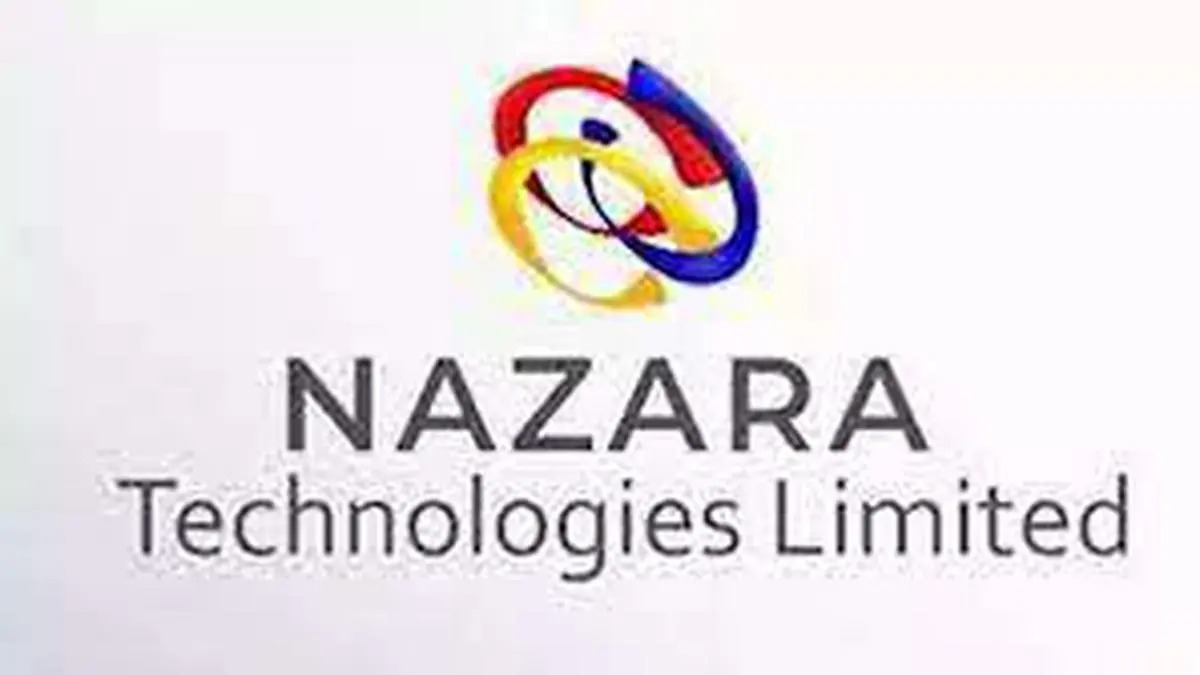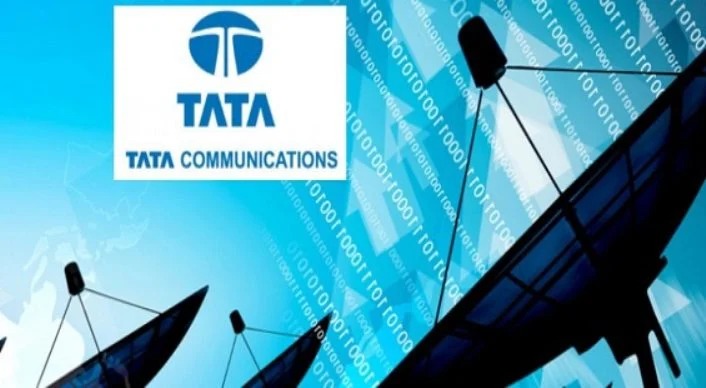 Image Source: RPrealty plus
Image Source: RPrealty plus
In a notable vote of confidence, Moody’s Investors Service has revised the outlook for JSW Infrastructure Limited (JSWIL) from stable to positive, while affirming its Ba2 corporate family rating and senior secured bond rating. The revision reflects the company’s robust operational performance, disciplined financial management, and growing third-party cargo volumes that are reshaping its revenue mix. As India’s second-largest private port operator, JSWIL continues to demonstrate resilience and strategic foresight amid an aggressive expansion phase.
Key Developments and Rating Action
Moody’s has upgraded JSWIL’s outlook to positive, citing strong execution capabilities and improving credit metrics
The Ba2 rating for both the corporate family and senior secured bonds remains affirmed, indicating moderate credit risk with improving fundamentals
The positive outlook suggests a potential rating upgrade in the medium term, contingent on sustained financial discipline and operational performance
Drivers Behind the Outlook Revision
Solid Track Record in Project Execution
JSWIL has successfully managed ramp-up risks across multiple port expansion projects, including Ennore Bulk Terminal, Ennore Coal Terminal, and Mangalore Coal Terminal
Commercial operations have commenced at Paradip East Quay Coal Terminal and New Mangalore Container Terminal, contributing to incremental cargo volumes
Diversification of Revenue Mix
Historically reliant on JSW Group cargo, JSWIL has increased its third-party cargo share to approximately 49 percent in FY25
This shift enhances revenue predictability and reduces customer concentration risk, a key consideration for credit agencies
Long-Term Take-or-Pay Contracts
Around 40 percent of JSWIL’s revenue is backed by long-term take-or-pay agreements, primarily with group companies located near its ports
These contracts provide cash flow stability and support debt servicing capacity
Tariff and Currency Structure
Most port tariffs are indexed to India’s Wholesale Price Index, helping offset inflationary pressures
Approximately USD 65–90 million of annual tariffs are denominated in US dollars, supporting the company’s ability to service foreign currency debt
Financial Discipline and Leverage Management
JSWIL’s gross debt-to-EBITDA ratio stood at 2.1x in FY25, well below Moody’s upgrade sensitivity threshold of 3.5x
The company has demonstrated prudent capital allocation despite a ₹300 billion capex plan, preserving financial flexibility
Recent acquisition of Navkar Corporation is expected to modestly boost third-party cash flows and logistics capabilities
Environmental and Governance Considerations
JSWIL’s key off-takers operate in carbon-intensive sectors such as steel, cement, and thermal power
However, the company is gradually diversifying into container handling and less carbon-intensive cargo segments
ESG risks are being actively managed through infrastructure upgrades and operational diversification
Strategic Outlook and Equity Plans
JSWIL is planning a follow-on equity issuance to meet SEBI’s minimum public shareholding requirement of 25 percent by October 2026
While the fundraising is still in early stages, it could enhance rating headroom and support future growth initiatives
The company’s long concession tenures, averaging over 25 years, provide a stable foundation for long-term planning
Conclusion
Moody’s revision of JSW Infrastructure’s outlook to positive underscores the company’s strategic evolution from a captive port operator to a diversified logistics powerhouse. With strong execution, disciplined financial management, and expanding third-party cargo volumes, JSWIL is well-positioned to achieve a rating upgrade in the near future. Investors and stakeholders will be closely watching its next moves, especially around equity issuance and ESG transitions, as it continues to shape India’s maritime infrastructure landscape.
Sources: Moody’s Investors Service, Realty Plus, Fitch Ratings, Business Standard
Advertisement
Advertisement







